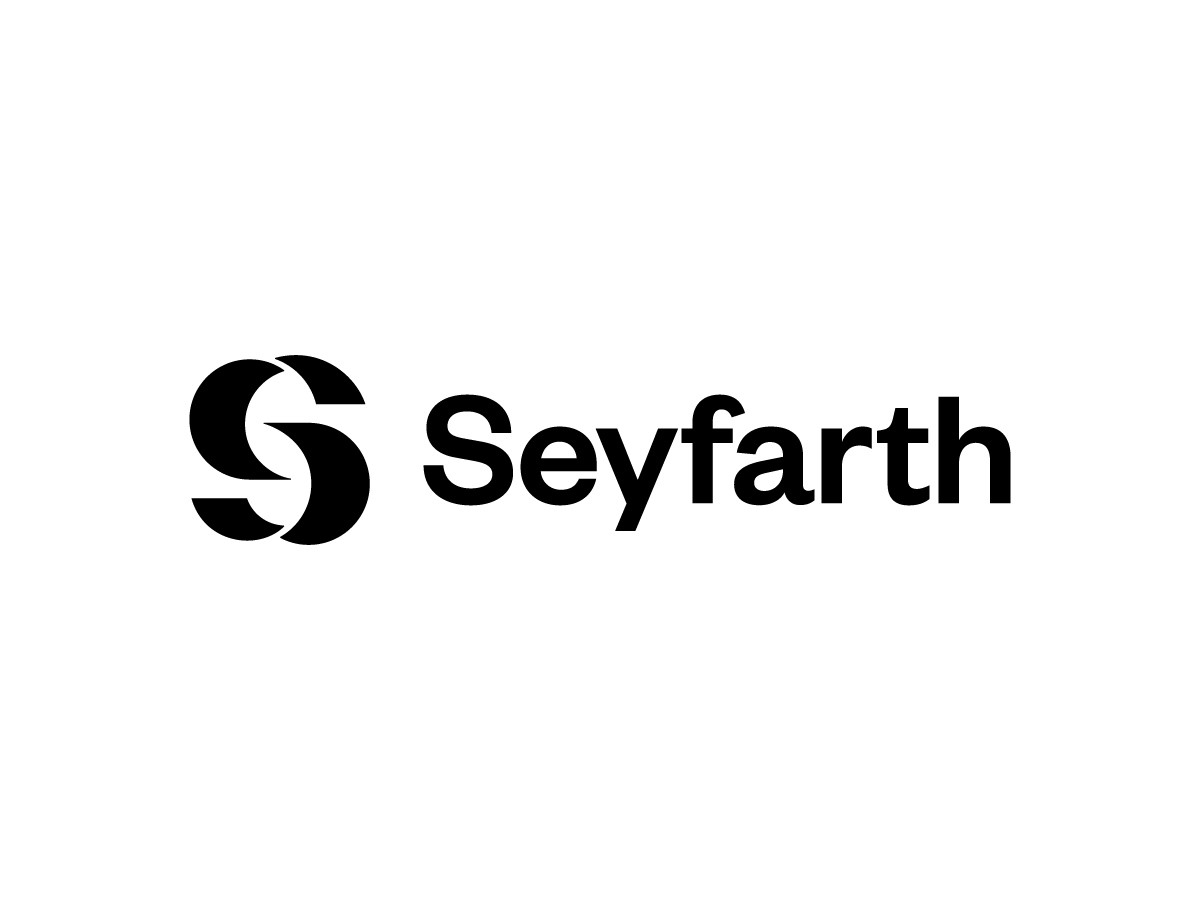FTC Approves Rule Banning Non-Competes With Workers | Seyfarth Shaw LLP
This afternoon, the FTC voted to adopt a proposed final rule banning most non-competes with workers in the United States. The final rule provides that it is an unfair method of competition—and therefore a violation of Section 5 of the FTC Act—for employers to enter into non-competes with workers. The Commission found that non-competes tend to negatively affect competitive conditions in labor markets by inhibiting efficient matching between workers and employers. The Commission also found that non-competes tend to negatively affect competitive conditions in product and service markets, inhibiting new business formation and innovation. It also found that there is evidence that non-competes lead to increased market concentration and higher prices for consumers.
The final rule is available here, along with a fact sheet, and press release on the rule. Existing non-competes may remain in effect for senior executives (those with over $151,164 annual compensation and in policy making position for the business similar to an officer), but will be ineffective for all other workers after the effective date and cannot be imposed upon senior executives in new agreements. Fewer than 1% of workers are estimated by the FTC to be senior executives under the final rule.
There are limited exceptions to the rule based on specific industries, and a general exception for the bona fide sale of a business. The rule does not invalidate other restrictions like a non-solicit or confidentiality restriction, but overbroad restrictions that function to prevent employment and operate as a de facto non-compete will be invalidated. The proposed final rule must first be published in the Federal Register, and would not be effective until 120 days after publication. Barring an injunction, employers will be required to affirmatively provide notice to employees with existing non-competes that their non-competes will not be and cannot be enforced against them by the rule’s effective date.
The U.S. Chamber of Commerce announced that it intends to file suit tomorrow to enjoin the rule from becoming effective. Based on recent Supreme Court guidance on the “major questions” doctrine and limits of agency authority, there is a decent chance that the rule is ultimately invalidated. The rule is over 500 pages long – we are analyzing the final language and actively monitoring the situation, and will provide further reports on this highly significant action.






